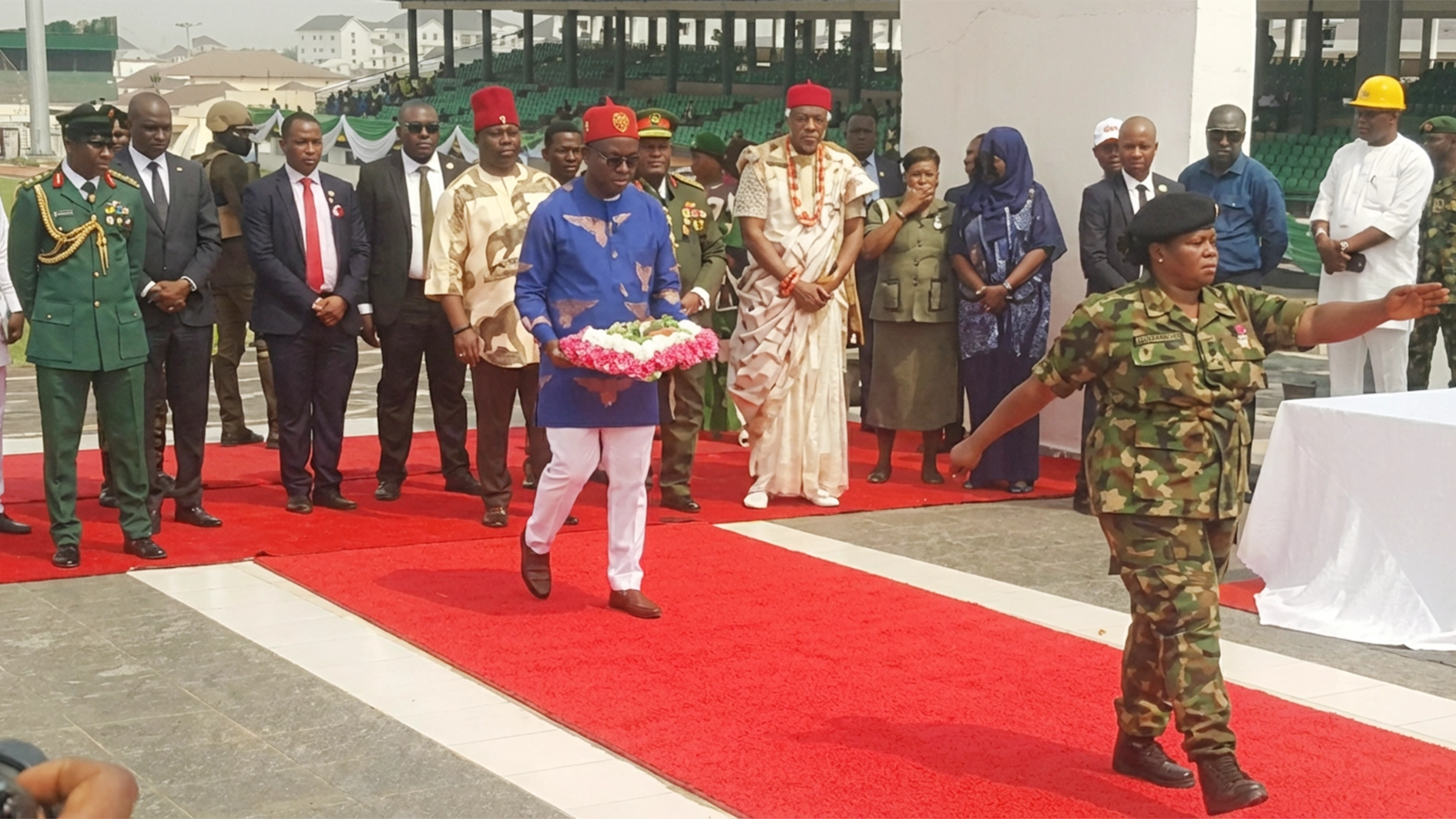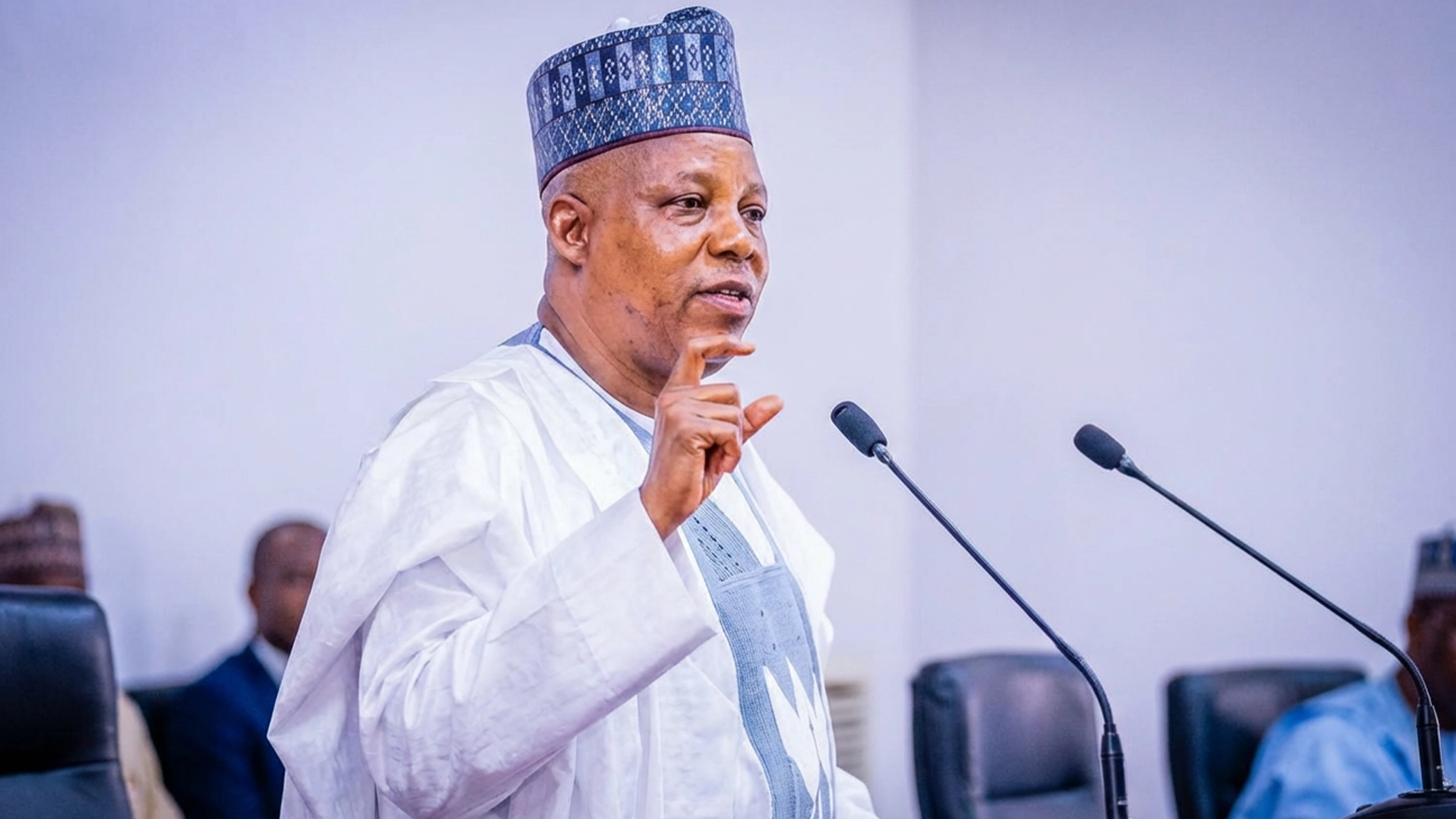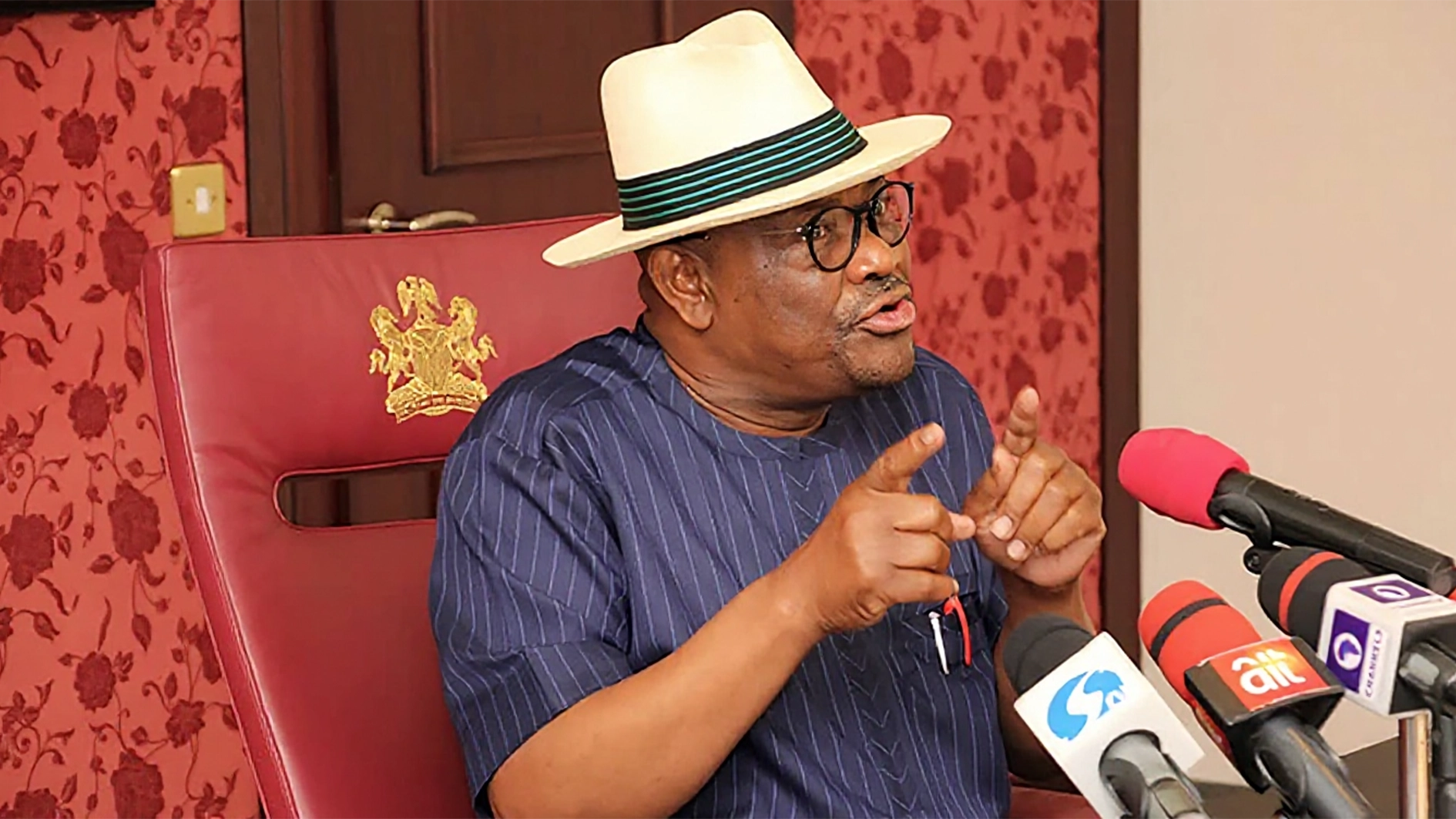
Enugu State Governor, Peter Mbah, yesterday said that his administration was desirous of tackling epileptic power supply in the state by generating and distributing its own electricity in 2026.
Mbah, who said the current power challenge in the state was adversely affecting businesses and the state’s economy, added that he would soon set up the State Electricity Regulatory Commission as part of measures to actualise the goal.
He disclosed that it was wrong to allude that his administration increased taxes in the state, saying it only expanded the tax net to capture businesses that had not been paying tax over the years.
The governor, who spoke during a town hall meeting with stakeholders at the Old Government Lodge in Enugu, said:
“Electricity is a major infrastructural requirement for industrial development. We are going to set up Enugu State Electricity Regulatory Commission as we tackle all legal and regulatory issues in actualising the objective.
“Working with the private sector, we shall generate and distribute electricity in Enugu by the end of 2026. We will build new transmission lines and handle distribution of power.
“People can come here to buy and distribute power. Our desire is to ensure we have steady power supply to businesses and households in Enugu.”
Speaking on his plans for the education sector, Mbah said that the 260 smart schools currently under construction in the 260 wards in the state were aimed at repositioning the educational sector, adding that the project would be completed in 2025.
Mbah further said the smart school project would go beyond primary school education, adding that a 12-year compulsory and free education to every child born in the state was being planned.
“They will be exposed to a modern learning environment and this will see a transition from chalkboard to smart boards and our pupils will no longer struggle with notebooks as they will be given notepads for their lesson notes. Our children are the epicenter of our plans for the state,” he added.
Mbah also revealed that his administration has started building 260 Type II Health Centres across the wards, disclosing that 30 of such projects had already been awarded while 100 would soon be awarded. He said the health centres would help to reduce the high maternal mortality rate in the state, which he said was unacceptable.
He added that his administration has increased the number of nurses admitted into state-owned institutions, even as the schools of nursing have started getting the needed face-lift.






